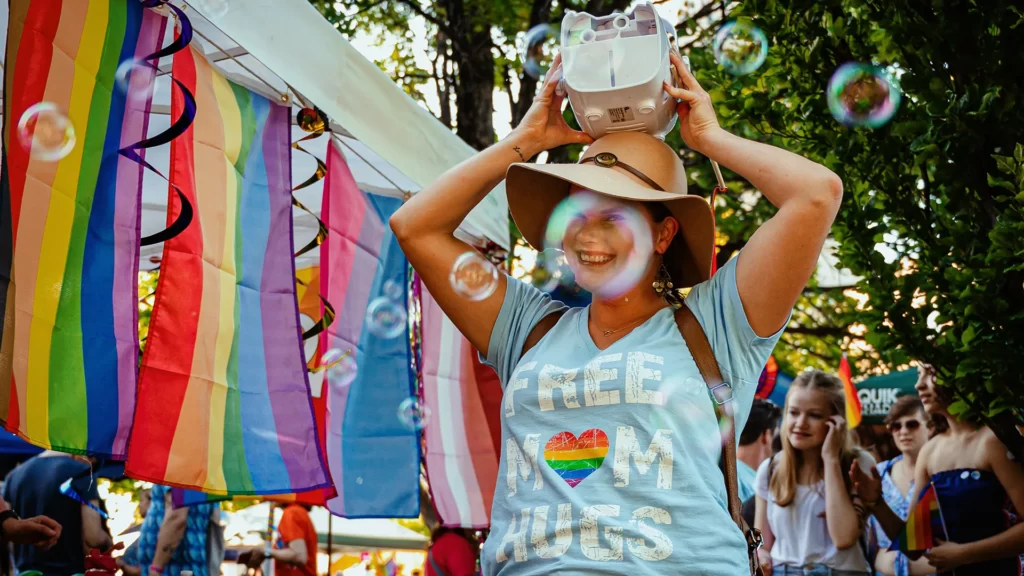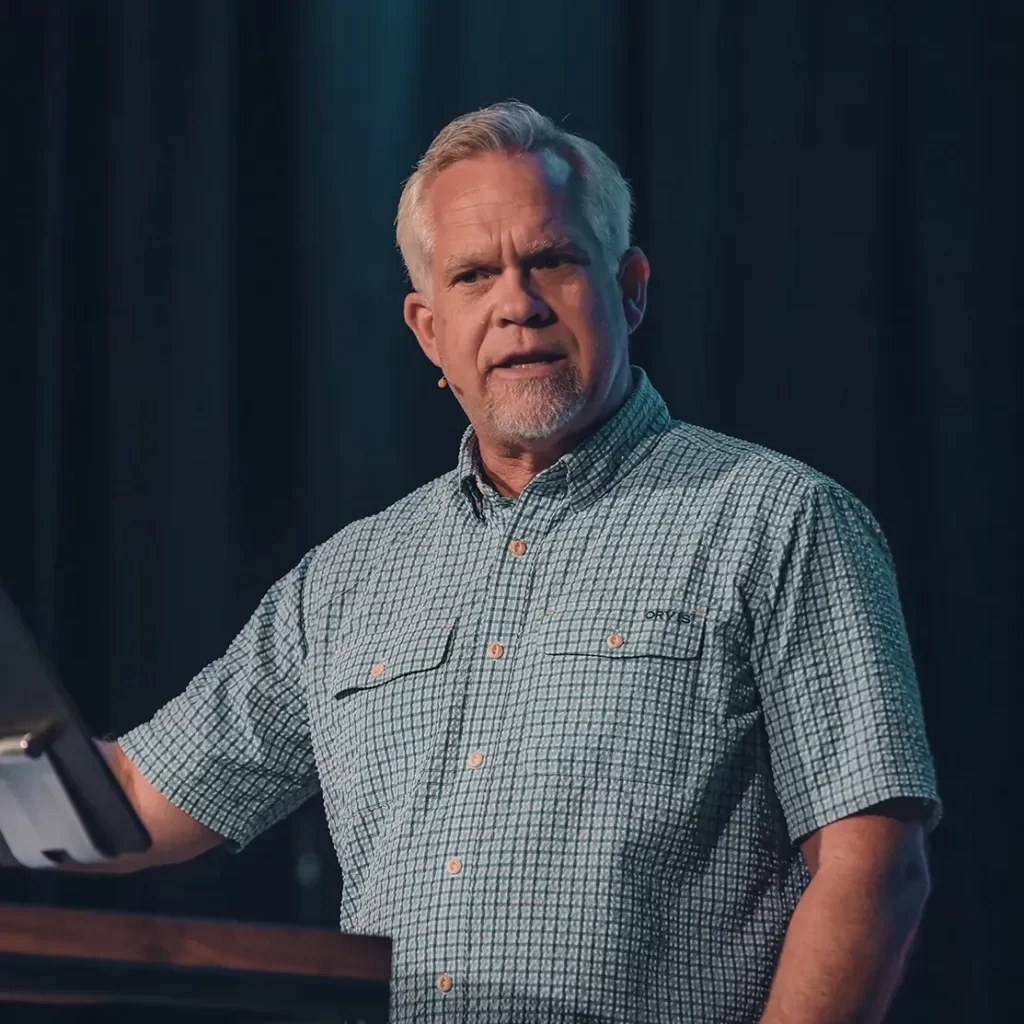The Right may finally be sick and tired enough of wokeness from big corporations to fight back with their wallets, as evidenced by its backlash against Big Beer’s trying to shove wokeness down their throats along with its Bud Light. Some switched brews and some voted with their wallets to buy Ultra-Right Beer–despite paying $20 a six-pack and waiting a month for it. The “market capitalization impact” of the Right’s had-enough-ness was to the tune of $4 billion dollars.[1]
Surprisingly, it may not just be the Right, or even adults, who are tiring of Wokeness. The very participants in the Woke agenda, young people—and children, are increasingly frustrated by hearing slogans like ‘Life is Good’ when they can clearly see that their world is the opposite.
When these children experience pre-pubescent discomfort, they should be told they were fearfully and wonderfully made by a God Who loves them. Or at the very least, receive on the regular a high-five with a hearty declaration of, “God don’t make no junk!” Instead, these impressionable souls are told they’re trapped in bodies that were ‘meant to be’ the opposite sex.
Young people are horrified by the physical and emotional results of those who have believed culture’s lies and have chemically and cosmetically switched genders. They’re sharing their horror with their community, not the other kids on the cul-de-sac but online, a ‘community’ that spans the globe. They’re getting the word out because they’re realizing they’ve been bamboozled—if not victimized—by those they should have been able to trust. They’ve been sold a pig in a poke.
It’s highly probable that when young people raise their faces from their iPhone screens after their average 7.5 hours per day[2], they’re seeing that everything around them is empty. If they are White, they’re being taught by CRT that the nation’s ills are all their fault. If they have another skin color, CRT is teaching them they’re hopelessly disadvantaged. Young people can heartily agree with Solomon, who thoroughly examined life and concluded that all of it is vanity. And they’re fully aware it’s not ‘vanity’ as in, “I know I rock this outfit” but rather, that life is meaningless. Who can blame them for retreating into tiny electronic screens to lives that, even if virtual, make them feel worthwhile?
Everyone wants to think they were born for a purpose, that their lives matter. That includes SJWs, trust fund brats, Antifa—everyone. Young people join the military for the same reason; they want to believe that their individual lives can be a part of something bigger than themselves. Adults join country clubs, bridge clubs and churches because they crave belonging.
Sociologists say that teens join gangs because, in addition to finding purpose, they too crave belonging.
In addition to gangs, some young people join violent ‘causes’ like BLM that make them feel needed. Tragically, instead of joining up, some kids check out. 60% of teenagers struggle with depression and a full 35% have suicidal thoughts[3]. Conservative activist Charlie Kirk says, “[This generation] feels they have no purpose; that’s why they’re the most suicidal generation.”
While there is hope for the youngest of the Wokesters, hard data is scarce. The same Internet anonymity that provides cover for bad things people look at online also hides good things happening there. God-Seekers have unprecedented access to the Gospel through the same medium. Online ‘church attendance’ and Bible study is growing faster than in-person turnout. UK church leaders insist, “Increased access to online services, plus a longing for meaning in uncertain times, has led to greater numbers of young people seeking solace in the church.” They point to the Google Trends report that for every 80,000 new Covid cases, online searches for “prayer” doubles[4].
During Covid, when people were barred from attending church, youth workers in Scotland studied the “exponential rise in online and livestream worship” and concluded that “more young people have come to faith.” Post-Covid, the Scotland Presbytery saw a 47% increase in to youth functions attendance, especially among the 14-17 year-olds. As recently as December 2022, a Yougov poll showed that Gen Z (ages 13-27) is more likely than Millennials to embrace God in faith.
The big question remains: Is there enough evidence to give us hope that the Woke are primed for a Great Awakening?
[1] Tom Norton, Newsweek Fact-Checker.
[2] OneHope Research, Global Youth Culture, 2020.
[3] John Beeson, Lifeway Research, June 14, 2021.
[4] Calum Petrie, Press and Journal, January 2, 2022.




